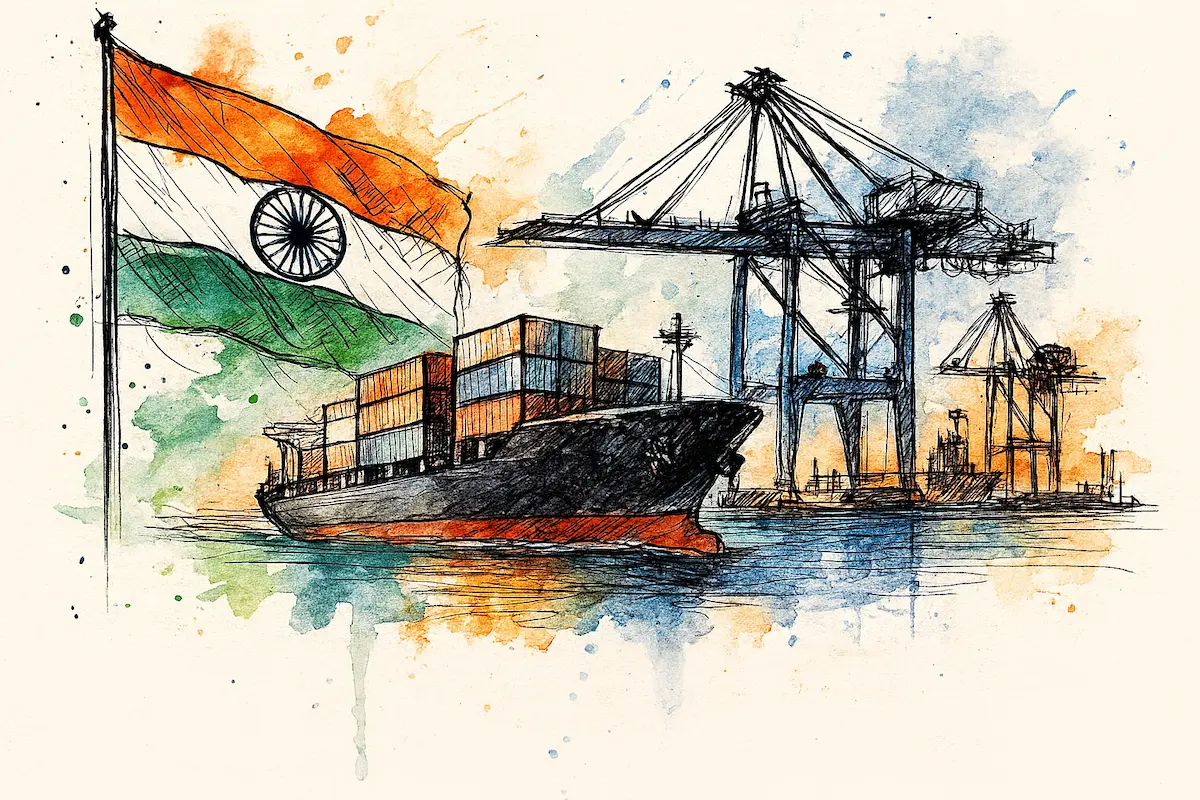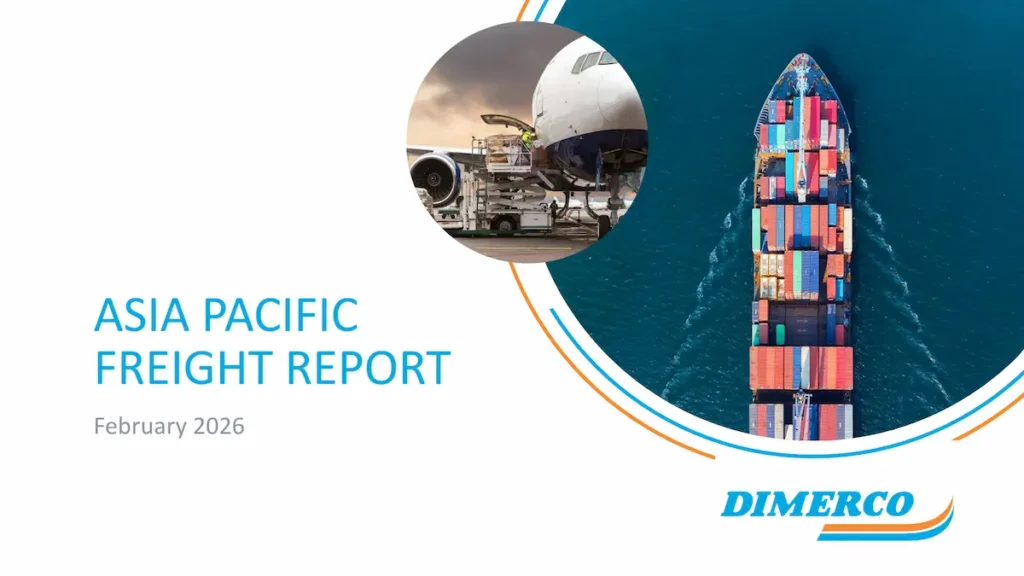In 2025, India has undertaken one of the most significant modernisations of its maritime framework in living memory, with action taken on 5 pieces of legislation..
Four landmark acts
- The Merchant Shipping Act,
- The Bills of Lading Act,
- The Carriage of Goods by Sea Act, and
- The Coastal Shipping Act received Presidential assent in 2025
- while the Indian Ports Bill, 2025, has been passed by the Rajya Sabha and is on its way to the President for assent..
These legislations collectively replace outdated, pre-Independence (1947) statutes with a forward-looking legal framework that aligns India with international conventions, simplifies processes for businesses, and strengthens the country’s role in global supply chains..
Together, these measures consolidate and amend the law relating to merchant shipping, make provisions for the transfer of rights of suit and liabilities in bills of lading, provide for the responsibilities and immunities of carriers in the carriage of goods by sea, promote coastal and inland shipping, and establish a forward-looking framework for port development and governance..
For an economy that depends on seaborne trade for over 90 per cent of its volumes, this overhaul could be a game-changer..
– Advertise Here –
Merchant Shipping Act, 2025
The Merchant Shipping Act, 2025, consolidates and amends the law relating to merchant shipping to ensure compliance with India’s obligations under maritime treaties and international instruments..
It also ensures the development of Indian shipping and the efficient maintenance of Indian mercantile marine in a manner best suited to serve the national interest..
The Act applies to vessels registered in India or required by the Act to be registered.. It creates structures including the National Shipping Board and the Seafarers’ Welfare Board.. It addresses abandoned vessels, seafarer rights, maritime security, safety of navigation, pollution prevention, and the development of the Indian fleet..
Bills of Lading Act, 2025
The Bills of Lading Act, 2025 makes provisions for the transfer of rights of suit and liabilities to the consignee named in a bill of lading and every endorsee of a bill of lading to whom the property in the goods shall pass by consignment or endorsement..
Every consignee and every endorsee has transferred to and vested in him all rights of suit and is subject to the same liabilities as if the contract contained in the bill of lading had been made with such consignee or endorsee..
A bill of lading in the hands of a consignee or endorsee for valuable consideration is conclusive evidence of shipment as against the master or other person signing the same, subject to the proviso that misrepresentation caused without default by fraud of the shipper or holder remains a defence..
This Act repeals the Indian Bills of Lading Act, 1856, and preserves accrued rights and liabilities while establishing a clearer and more modern framework for documentation..
Carriage of Goods by Sea Act, 2025
The Carriage of Goods by Sea Act, 2025 provides for the responsibilities, liabilities, rights, and immunities attached to carriers with respect to the carriage of goods by sea..
The preamble recalls the International Conference on Maritime Law at Brussels in 1922 and the subsequent amendments of 1968 and 1979..
The Act gives the force of law to the applicable rules set out in its Schedule.. These rules apply in relation to the carriage of goods by sea in ships carrying goods from any port in India to any other port, whether in or outside India..
Every bill of lading or similar document of title issued in India, which contains or is evidence of a contract to which the applicable rules apply, must contain an express statement that it is subject to the rules laid down in the Schedule as applied by this Act..
Indian Ports Bill, 2025
The Indian Ports Bill, 2025, consolidates the law relating to ports, promotes integrated port development, facilitates ease of doing business, and ensures the optimum utilisation of India’s coastline..
It provides for the establishment of State Maritime Boards for effective management of ports other than major ports, and creates the Maritime State Development Council to foster structured growth and development of the port sector..
The Bill provides for management of pollution, disaster, emergencies, security, safety, navigation, and data at ports, compliance with international instruments, conservation of ports, adjudicatory mechanisms for port-related disputes, and port community systems and vessel traffic services..
Why these changes matter
For decades, Indian maritime law was a patchwork of colonial statutes and incremental amendments.. The new Acts and the Bill replace this with a consolidated, modern legal structure that uses the exact language of global conventions and maritime practice..
By ensuring compliance with treaties, defining clear responsibilities for shipowners, consignees, and carriers, and providing new governance structures for ports and seafarers, India has positioned itself to improve efficiency, reduce disputes, strengthen safety and environmental protections, and expand shipping under the Indian flag..
Conclusion
The Merchant Shipping Act, the Bills of Lading Act, the Carriage of Goods by Sea Act, the Coastal Shipping Act, and the Indian Ports Bill together represent the most comprehensive reform of India’s maritime law in nearly a century..
They consolidate, amend, and modernise the legal framework in the very words of the statutes, giving India a stronger base to expand trade, attract investment, and operate as a credible maritime partner in global supply chains..














